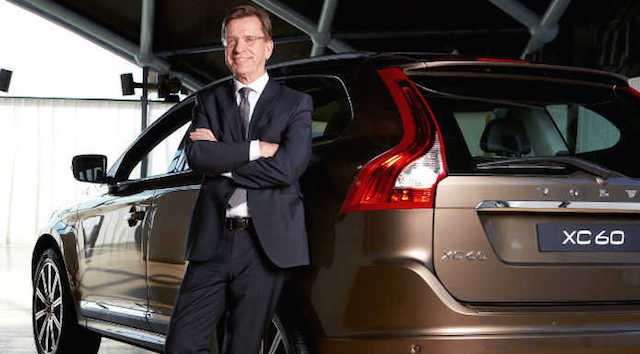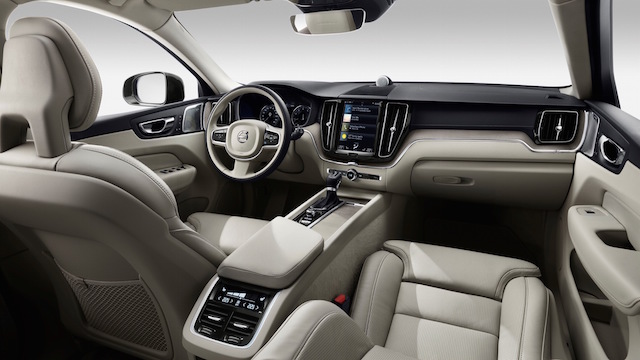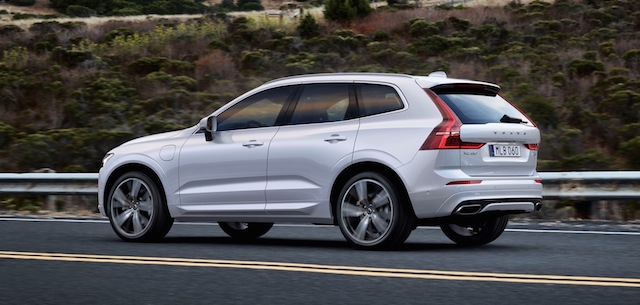
Volvo Cars NZ general manager Coby Duggan was officially first made aware of the company’s proposed shift away from diesel engines at a recent conference of Asia-Pacific distributors.

“When it was tabled, some markets voiced concern at the approach, whereas others were more relaxed,” Duggan said.
“We are yet to see confirmation of timing, but what we do know is that a shift away from diesel won’t be made lightly or overnight.”
Volvo Cars CEO Hakan Samuelsson had earlier told media in Europe that the cost of cutting emissions of nitrogen oxides (NOx) in diesel engines was becoming so expensive that Volvo’s latest generation of oil-burners could be its last. NOx can cause or aggravate respiratory disease.
“From today’s perspective, we will not develop any more new-generation diesel engines,” Samuelsson said. “We have just launched a brand new generation of petrol and diesel engines, highlighting our commitment to this technology.
“As a result, a decision on the development of a new generation of diesel engines is not required.”
Samuelsson (above) said diesel would be needed over the next few years to help meet carbon dioxide (C02) emission limits set by the European Union. Diesel of course emits fewer global-warming CO2 emissions than petrol engines.
The average carbon dioxide emissions limit for European carmakers’ fleets will need to fall from 130 grams per kilometer to 95 grams in 2021, forcing them to invest more in exhaust emissions technology.
But after that the costs of making engines compliant with ever higher anti-pollution standards would no longer be worth it. Instead, Volvo will invest in the electric and hybrid cars, with its first pure electric model due on the market in 2019.
Meantime, Duggan said that diesel engines would continue to play a role in the Volvo NZ line-up. “It (diesel) is confirmed for both the new-generation XC60 due later this year and the all-new XC40 in 2018,” he said.
But the popularity of oil-burners is diminishing as carmakers move more towards cleaner petrol-electric hybrids and battery-electric vehicles.
“We have seen a reduction in the proportion of our sales mix from highs of over 60 per cent diesel to the year-to-date figure of just under 40 per cent diesel,” said Duggan. “It’s effectively a reversal, and we will continue to monitor this mix.
“Ultimately, Volvo isn’t trying to ‘everything to everyone’. It has decided that directing its investment in powertrain development towards petrol engines and electricfication makes the most sense based on its assessment of what the future holds for the automotive industry.”
The focus on greener technology is part of Volvo’s ‘omtanke’ pledge, Swedish for ‘consideration’ or ‘caring’. It includes promises for climate neutral operations by 2025, filling 35 per cent of its leading positions with women by 2020, and eliminating all deaths and serious injuries in Volvo vehicles by 2020.
The new XC60 is being seen in Europe as a pretty classy SUV. Evaluations seem to highlight a couple of design aspects: the touchscreen and windscreen wipers. The touchscreen works with gloves as well as bare fingers, thanks to an infrared tracking system.
The rubber windscreen wiper blades have tiny perforations in them, like a garden irrigation hose. Turn them on and the water squirts in front of the moving blade to pre-moisten the glass surface.



